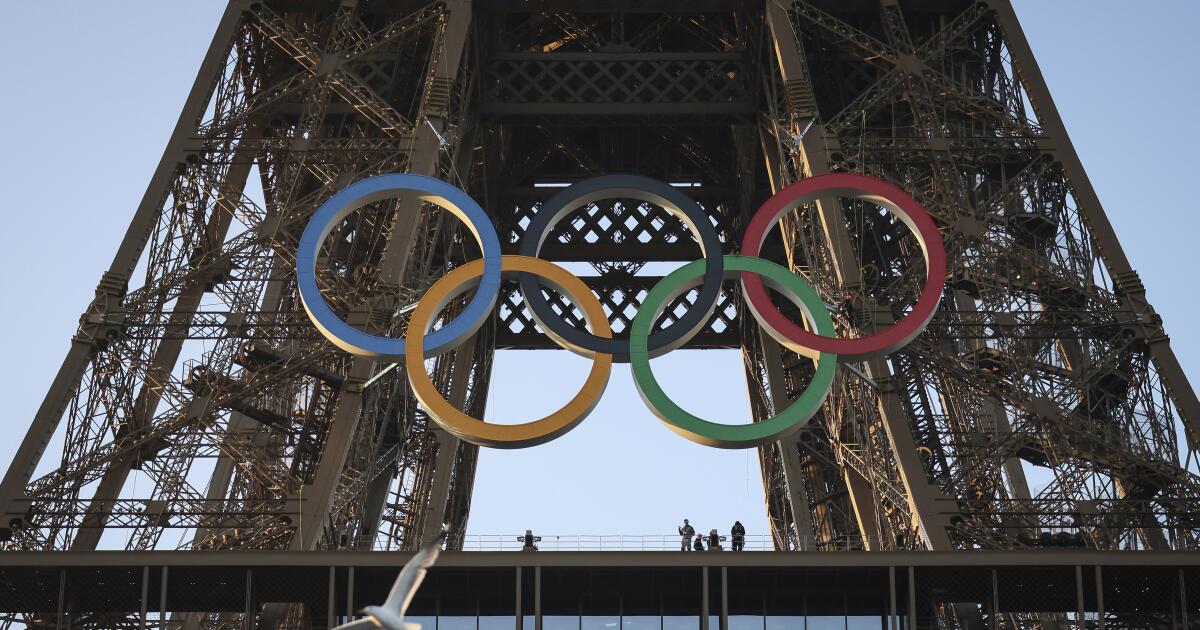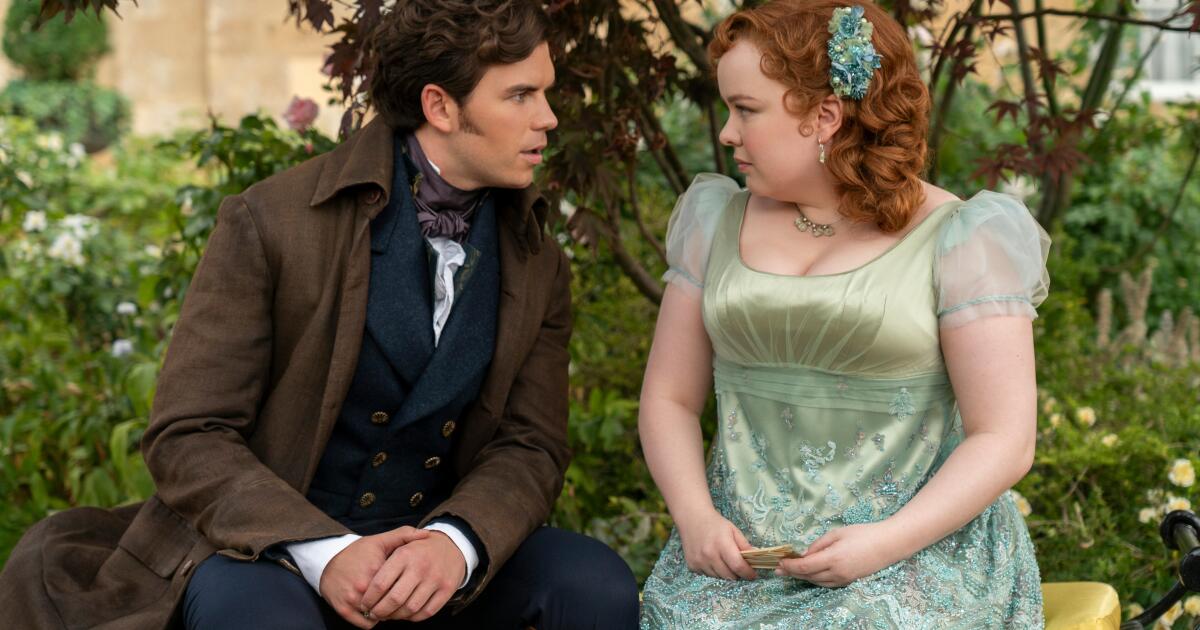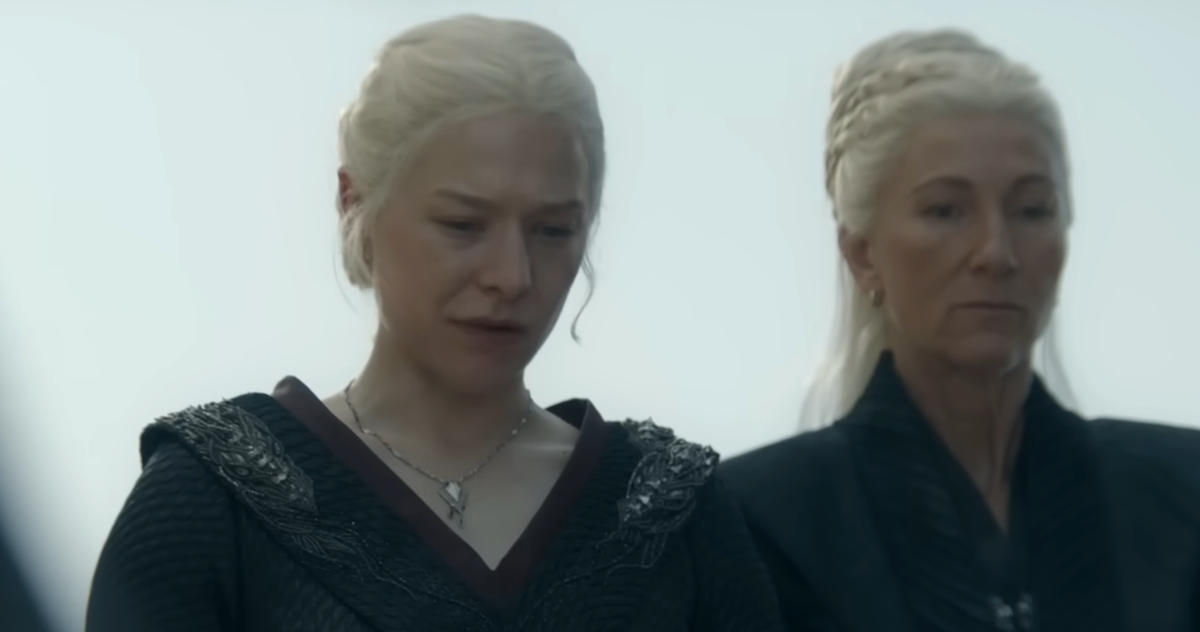NBCUniversal launched its Peacock streaming service in 2020 with the hope that the Summer Olympics would make it a must-have.
It didn’t quite work out that way. And in the age of social media, consumers let the company know loud and clear that its efforts missed the mark when the pandemic-delayed Games in Tokyo aired in 2021. The streamer’s programming was both underwhelming and hard to find, users complained.
NBCUniversal Media Group Chairman Mark Lazarus described the reaction as “the big digital middle finger.”
“In Tokyo, we said, ‘This is the streaming home of the Olympics,’ and we really didn’t pay that off,” Lazarus said in a recent interview. “We didn’t stream all of the events. We didn’t deliver what we marketed.”
This time around, the media giant promises things will be different. Peacock is not just an adjunct but the hub of NBC’s live coverage of the Paris Summer Olympics, which run for 17 days starting Friday.
Peacock will stream more than 5,000 hours of live coverage, including all 329 medal events. Viewers who want to catch up will have on-demand access to replays, with many events available to watch until the end of the year.
The platform is offering a “multi-cast” option that allows viewers to watch several live events on their screen simultaneously. Peacock users will be guided to whatever event they are seeking through a dedicated location on the platform.
“This is the first time in history the consumer will have one comprehensive destination for all things Olympics,” said Kelly Campbell, president of Peacock and direct-to-consumer.
Those who follow NBCUniversal parent company Comcast Corp. on Wall Street will be watching carefully. The cost of launching Peacock and turning it into a viable competitor to Netflix, Amazon Prime Video and others in the streaming wars has put pressure on the company’s financial performance.
The service lost $348 million in the second quarter, according to the company’s most recent earnings report, though that’s better than the $651 million the unit lost a year earlier. At 33 million subscribers, it still lags behind the competition, including Warner Bros. Discovery’s Max and Paramount Global’s Paramount+. The service lost about 500,000 paying subscribers during the quarter.
A strong presentation of the Paris Summer Games is expected to generate more sign-ups for the service that starts at $7.99 a month.
“They won’t keep all of those subscribers after the Olympics are over, but they’ll surely keep some of them,” according to analyst firm MoffetNathanson, which described the Paris Summer Games as a “relaunch moment” for Peacock.
While investors’ eyes are on Peacock, NBC will show Olympics events live on its broadcast network and its USA cable channel during the day. But the hours shown in prime time on NBC, which still attracts the bulk of $1 billion-plus in advertising revenue for the Summer Games, will consist of analysis and highlights, recognizing that many viewers already know the results because of the time difference.
“Prime time is a ‘best of’ and it’s going to have more entertainment value,” Lazarus said. “Consumers want to see things live. The ability to watch it later either on NBC or Peacock covers those who aren’t available during the day. To think in today’s environment people aren’t going to know the outcome is unlikely.”
NBC, which first carried the Olympic Games on radio in 1936, has a history of adapting to changing consumer habits. The event has long been an incubator for experimentation, Campbell said.
The network broadcast the Summer Olympics from Barcelona in 1992 with just 171 hours worth of programming, at a time when cable gave viewers a greater array of channels to watch than they had before. In an effort to cater to the new TV landscape — and generate revenue to cover steep rights fees — the network offered consumers additional hours of coverage through a pay-per-view cable option called the Olympics Triplecast.
The high-priced service was a bust, but NBC executives’ belief that viewers would want more options to watch Olympic events was prescient. The company successfully used its cable channels and digital platforms to bring audiences more hours of Olympics coverage in the years that followed.
NBCUniversal has the latitude to expand its coverage across new platforms because its rights deal for the Olympics covers every video technology invented during the term of the contract that runs through 2032.
Lee Berke, president of LHB Sports, Entertainment & Media, said NBCUniversal is positioned well for Paris as consumers are more comfortable streaming live sports, especially after Peacock presented an NFL playoff game in January to big ratings.
“The NFL game did a lot to drive people onto Peacock,” Berke said. “They are in much better shape to utilize it as a sports platform than they were four years ago. The Olympics is a perfect opportunity for them.”
The timing of the Paris Summer Games is fortunate for NBCUniversal, which is riding high from landing rights to the NBA, returning the league’s action to NBC and bringing it to Peacock starting with the 2025-26 season. Don’t be surprised to hear the familiar “Roundball Rock” theme in promos touting exclusive NBA games coming to Peacock as part of the annual $2.5-billion deal announced Wednesday.
Peacock’s Olympics coverage will also recognize the generational divide that has developed within the TV landscape. Younger viewers have flocked to streaming while the traditional TV audience gets older. Duplicating the coverage on the TV network won’t be enough to keep younger viewers engaged.
“They’re looking for more than a one-size-fits-all viewing experience,” Campbell said.
To that end, Peacock is offering viewers a take on the Summer Games that taps into internet culture. Alex Cooper, the host of the popular “Call Her Daddy” podcast, will do intimate interviews of Olympic athletes. She will also host watch parties where she’ll react to social media comments by Peacock users in real time.
Peacock users can sign up for a personalized daily Olympics recap featuring the artificial intelligence-simulated voice of legendary sportscaster Al Michaels. The 10-minute recaps will be assembled from hundreds of NBC Sports-produced clips each day, showing moments from the previous day along with a preview of what fans can expect to see on NBC in prime time.
Peacock has enlisted comedian Kevin Hart and “Saturday Night Live” star Kenan Thompson for an eight-episode show that will have a more irreverent approach to Olympic highlights.
The platform is also borrowing from the NFL with its “Gold Zone” channel. Andrew Siciliano, Akbar Gbajabiamila and Scott Hanson, the host of NFL’s “Red Zone,” will provide fast-paced coverage of dramatic moments and events where medals are on the line. If viewers want to see more than a highlight, Peacock can take them directly to live video or put it in a stack to watch later.















